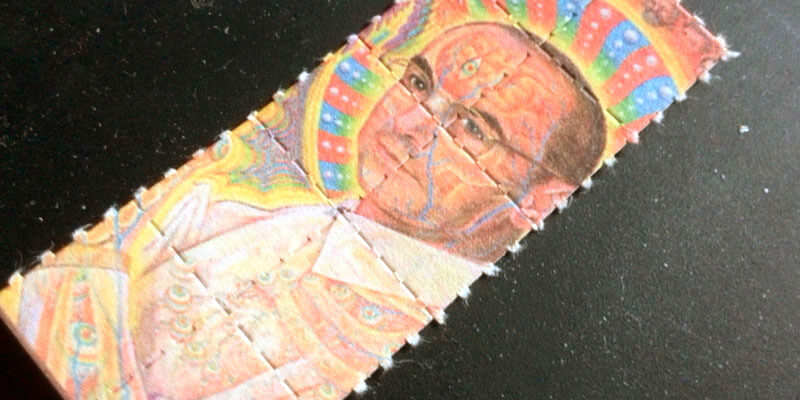It may not take a regular user long to develop a tolerance to LSD. Again, this means that it takes more of the drug to get the same effects. When people find out that they're dependent on this substance, they may try to stop using it on their own. The result is that their tolerance levels begin to go down very quickly.
In this situation, people are at the highest risk of an overdose. They may experience withdrawal and go back to using to get some relief from their symptoms. Overdoses can also happen when people are new to LSD as well.
New users may be unaware that the drug takes some time to take effect. In fact, in many cases, it can take as long as 90 minutes to start working. Someone who is unfamiliar with LSD may assume that they just didn't use enough of it. As a result, they could overdose.


